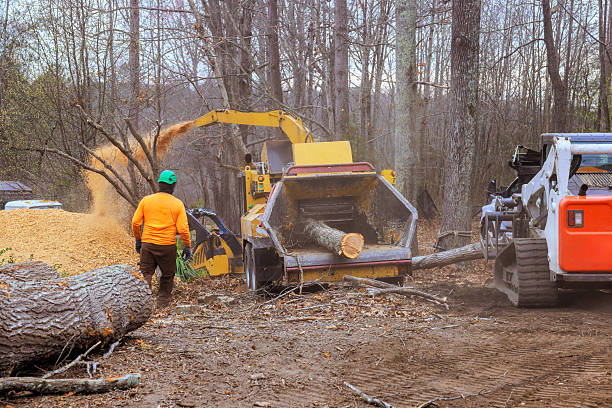Why Asphalt Paving Matters
Asphalt paving is one of the most important sectors in construction, providing the infrastructure that keeps communities moving. Roads, highways, bridges, airport runways, and parking lots all rely on skilled asphalt paving professionals to ensure safety, durability, and efficiency. With growing urban development and ongoing maintenance needs, careers in asphalt paving are in high demand across the country.
This essential trade offers hands-on work, competitive pay, and clear opportunities for advancement, making it a rewarding career path for individuals seeking long-term stability.
Types of Career Opportunities in Asphalt Paving
The asphalt paving industry offers a wide range of career opportunities, from entry-level labor positions to specialized technical and management roles. Some of the main career paths include:
- Asphalt Laborers: Handle preparation, shovel asphalt, operate small tools, and assist paving crews on-site.
- Equipment Operators: Operate pavers, rollers, milling machines, and other heavy equipment essential to the paving process.
- Truck Drivers: Transport asphalt, aggregates, and materials to job sites.
- Quality Control Technicians: Test asphalt mixes and monitor production to ensure compliance with engineering standards.
- Asphalt Plant Operators: Manage production plants, overseeing mixing, temperature control, and supply logistics.
- Crew Leaders and Foremen: Supervise paving teams, coordinate operations, and enforce safety protocols.
- Project Managers: Oversee larger-scale projects, manage budgets, and ensure timely completion.
This range of positions makes asphalt paving accessible to both entry-level workers and those pursuing long-term professional careers.
Training and Education Requirements
Many careers in asphalt paving start with on-the-job training. Entry-level roles, such as laborers, often require only a high school diploma or equivalent. However, specialized roles may need additional training:
- Apprenticeships: Provide structured training that combines classroom education with hands-on experience.
- Technical Certifications: Safety training, equipment operation, and OSHA certifications improve career prospects.
- Vocational and Technical Programs: Some schools offer construction or road-building programs that prepare candidates for advanced roles.
- Commercial Driver’s License (CDL): Required for truck drivers transporting asphalt and heavy machinery.
Employers often provide training for motivated employees, making this career accessible to individuals ready to work hard and learn.
Advancement Opportunities
The asphalt paving industry values experience and skill, offering clear opportunities for career growth. Workers can move from laborer to equipment operator, advance to foreman, and eventually into project management or business ownership.
Those with specialized training in asphalt plant operations or quality control can pursue high-paying technical roles. Some experienced workers also transition into sales, consulting, or entrepreneurship, opening their own paving companies.
Benefits of a Career in Asphalt Paving
Choosing a career in asphalt paving comes with strong benefits:
- High Demand: Ongoing infrastructure projects ensure steady work.
- Competitive Pay: Many positions start with strong wages, with experienced operators and supervisors earning $60,000–$90,000+ annually.
- Variety of Work: Projects change frequently, offering different challenges and environments.
- Teamwork: Crews work closely together, building strong camaraderie.
- Tangible Results: Workers see the direct results of their labor in the roads and structures they help build.
A Career That Builds the Future
Asphalt paving careers are more than just jobs—they are opportunities to contribute to the foundations of society. Whether starting as a laborer, training as an equipment operator, or moving into management, this field provides a clear path for professional growth.
For individuals seeking stable, rewarding, and hands-on work, asphalt paving offers a career that builds not only infrastructure, but also long-term success.








